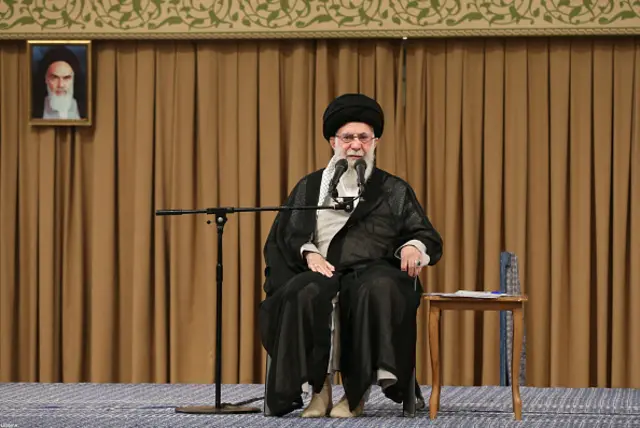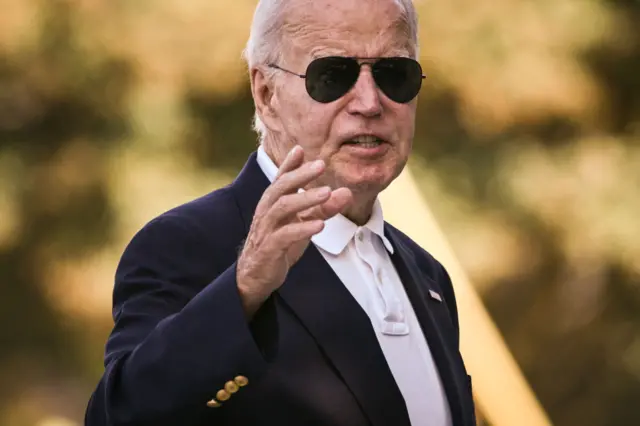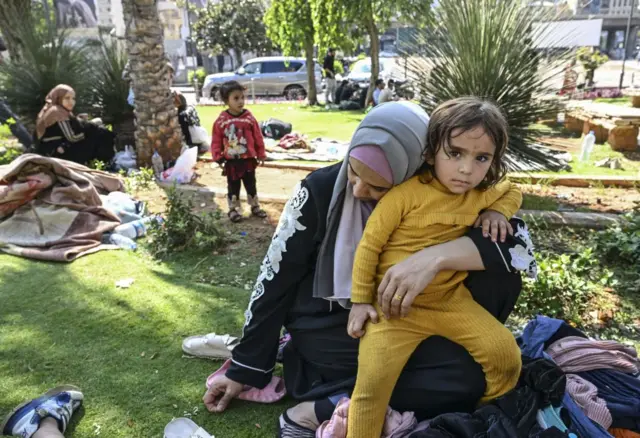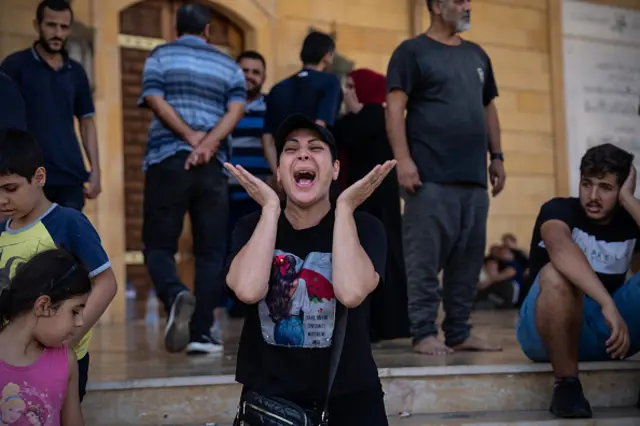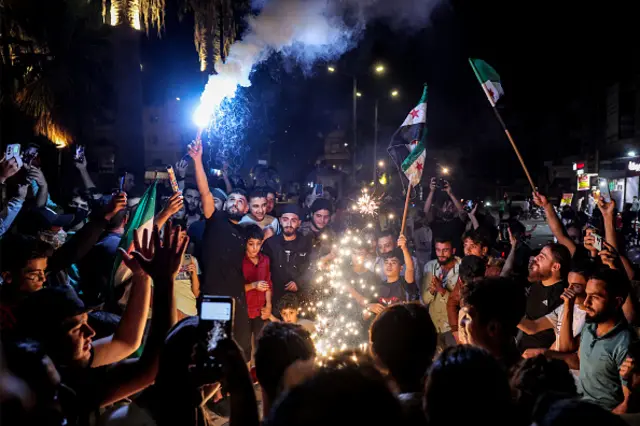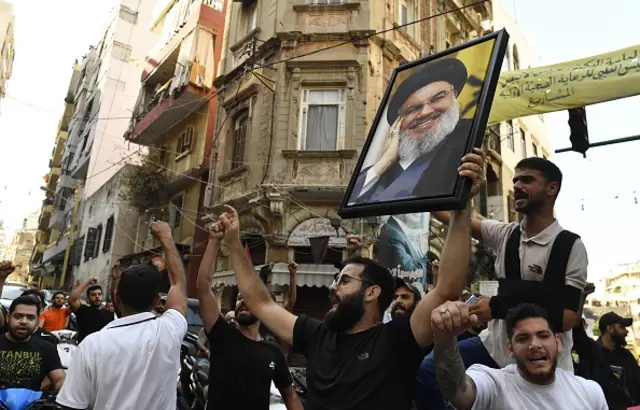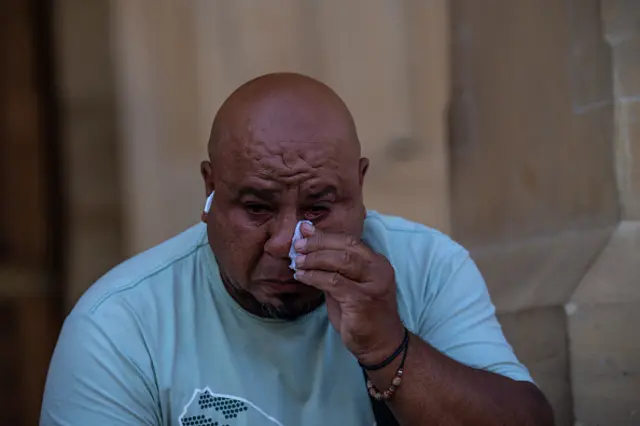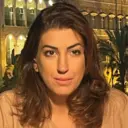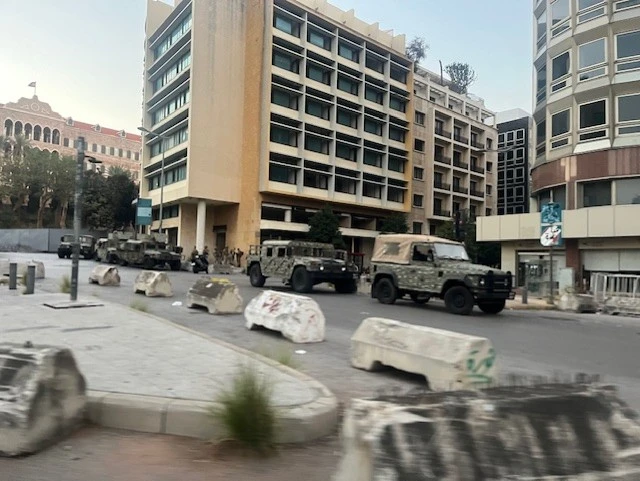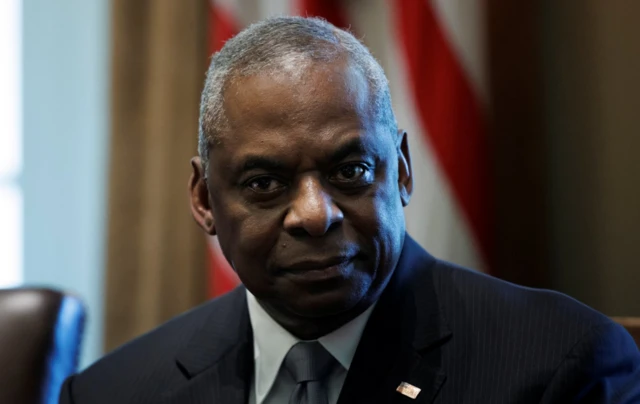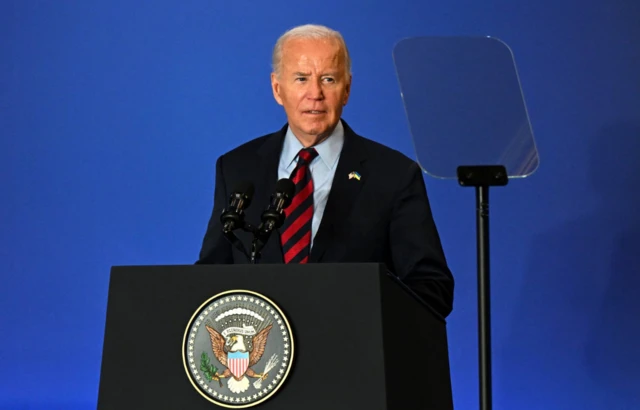UK foreign secretary repeats call for immediate ceasefire in Lebanonpublished at 23:57 BST 28 September 2024
UK Foreign Secretary David Lammy reiterated the UK's call for a ceasefire in Lebanon during a conversation with the country’s Prime Minister Najib Mikati.
“We agreed on the need for an immediate ceasefire to bring an end to the bloodshed,” Lammy said in post on X.
“A diplomatic solution is the only way to restore security and stability for the Lebanese and Israeli people.”
The two spoke on Saturday, shortly after news broke that an Israeli strike in Beirut had killed Hezbollah leader Hassan Nasrallah.
Speaking at the United Nations’ General Assembly earlier in the week, Lammy joined a chorus of world leaders warning about the perils of a full-blown war in the Middle East and urged Israel and Lebanon to suspend hostilities.
